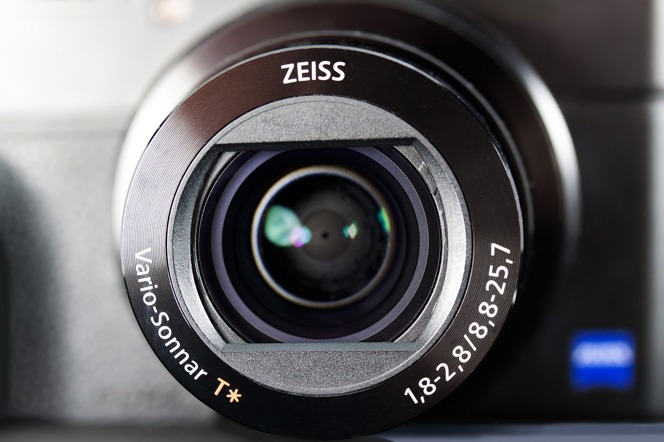The legendary American filmmaker Stanley Kubrick was famed for his perfectionism. One of the best-known examples of this trait of his came during the filming of his 1975 movie Barry Lyndon.
A period drama, the action of the film takes place in 18th century Europe, and during his preparations for the shoot Kubrick became obsessed with recreating as closely as possible the look and feel of that era. For this reason, he decided that he would light the interior shots of the film only with candlelight, since candlelight was the only form of lighting available in the 18th century.
The problem was that in the mid-1970s there were no film cameras capable of capturing action in such low light levels. But Kubrick wasn’t a man easily put off, and while thumbing through a cinematography magazine the director read about a lens with an unusually high light intensity developed by the German optical tech company ZEISS. The lens was the ZEISS Planar 0.7/50mm and despite being told that it wouldn’t be suitable as a motion picture camera, Kubrick found a way to make it work.

A specialised Zeiss camera was used in the filming of Kubrick's movie Barry Lyndon. Picture: Pixabay
Kubrick’s obsessiveness would no doubt strike a chord with many of the individuals and organisations that working in consumer electronics testing. After all, the world of electronics testing and development is a place that strives for perfection, and it takes a certain kind of person to want to test and re-test something again and again and again to make absolutely sure the final product is the very best it can be.
In the March 2023 issue of Consumer Electronics Test & Development magazine we spoke with more than one individual gifted with Kubrick’s extreme attention to detail. Bob DiMaggio, for example, who in his role as head of Panasonic’s US product testing team has literally tested every single Panasonic consumer electronic that has made it on to the American market for the last three decades.
Or Dominik Spancken from German research center the Fraunhofer Institute, who has been painstakingly investigating the durability of recycled plastics in dishwasher parts, spending long hours trying to understand the impact of the plastics’ polymer chain lengths on overall strength and on the injection molding process.
While DiMaggio and Spancken are singled out here, you will find people like them throughout the pages of the latest issue and also featured on this website. Because while perfection is impossible, as anyone who has sat through the glories of Kubrick’s Barry Lyndon will already realize, the appetite for this impossibility is also what is required to create great things.
A version of this article appeared as the foreword in the latest issue of Consumer Electronics Test and Development magazine.

